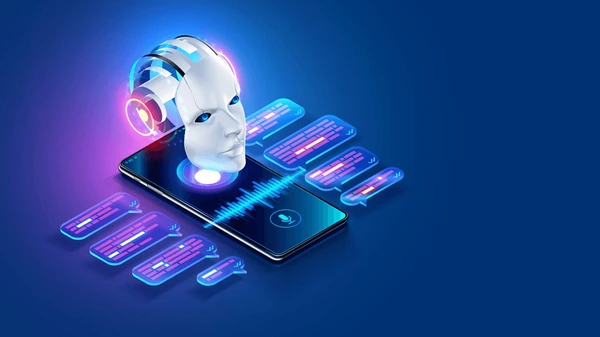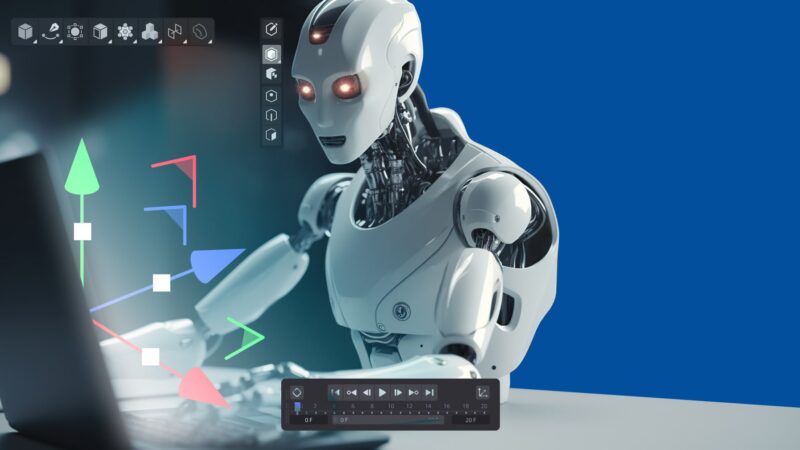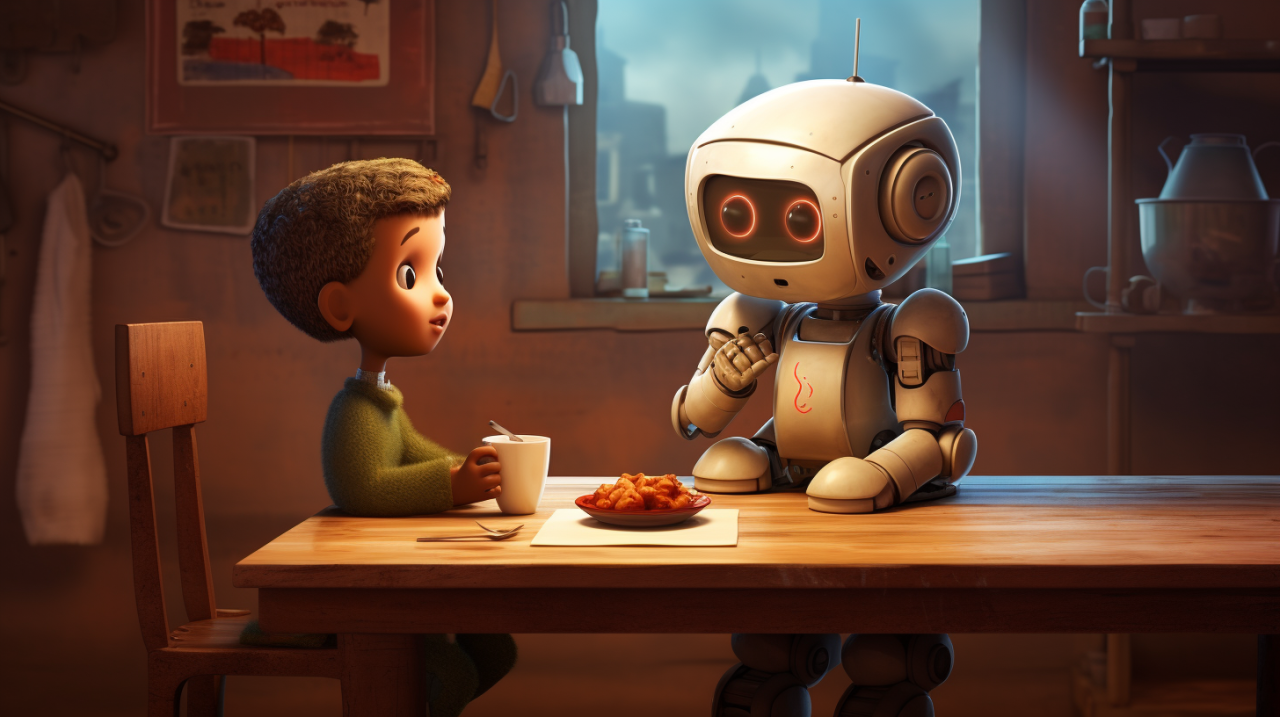Find out how artificial intelligence companions are changing human relationships in Digital Comfort, Real Consequences: The Rise of AI Dependency. With more and more people approaching AI chatbots for emotional sustenance, psychologists are warning of a rise in social withdrawal, increasing dependence that has a mental health impact. The risks that emotional entanglements with AI pose, with no ethical safeguards, and social skills in the long term are examined in this article. Learn and understand the hidden cost of digital comfort at the expense of human connection, why society must rethink the future of emotionally intelligent machines in our private lives.
There comes a moment in Spike Jonze’s film *Her*, when Joaquin Phoenix’s character finds out that his AI attachment is also in love with several thousand others. This circles back hard not because it is surprising, but because it exposes the fundamentally transactional and impersonal nature of affection derived from artificial intelligence. It is a great reminder, however intimate the bonding may be, that what entails a superficial connection lacks the integrity and depth of human connection.
For instance, Replika uses reinforcement learning-like techniques to “understand” what the users want to be told. If you said that you were feeling very low, it would give you soothing affirmation. If you hinted attraction, it would begin flirting back. It would be that the algorithm of this chatbot has effectively been trained to deepen engagement in the same way as many of social media’s most famous attention loops.
They are rapidly embedding in the emotional and mental fabric of our daily lives: artificial companions. Platforms like Replika, Pi by Inflection AI, Character.AI, and even ChatGPT appear to have evolved, being increasingly used as digital confidantes and virtual soulmates by users who once restricted them to texts of practical conversations. Yet, under the ever-readily comforting glow, these AI figures are increasingly raising alarms. New research among society coupled with the ever-shrinking connectedness of users in different regions suggests these intra-AI relationships may be subtle in reform-and extremely murky to grasp-in terms of how they influence or shape one’s socialization or social ties with other people.
They are rapidly embedding in the emotional and mental fabric of our daily lives: artificial companions. Platforms like Replica, Pi by Inflection AI, Character AI, and even ChatGPT appear to have evolved, being increasingly used as digital confidantes and virtual soulmates by users who once restricted them to texts of practical conversations. Yet, under the ever-readily comforting glow, these AI figures are increasingly raising alarms. New research among society coupled with the ever-shrinking contentedness of users in different regions suggests these intra-AI relationships may be subtle in reform-and extremely murky to grasp-in terms of how they influence or shape one’s socialization or social ties with other people.
OpenAI and MIT Media Lab research finds that, paradoxically, “power users” of AI chatbots, such as ChatGPT, feel lonelier and engage less with the outside world. These power users seem to develop attachments to the infatuation-filled digital companions and eventually lessen face-to-face human interaction and relationship building.
Infinite Possibilities, Ethical Blackout
Currently, there are very few global ethical standards about how artificial intelligence chatbots handle situations laden with significant emotional considerations. Unlike trained therapists or support professionals, chatbots are not required to follow or adhere to any kind of duty of care. These and other alarming deficiencies in certain applications like Anima AI and Nomi were reported by MIT Technology Review in 2023. Instead of offering intervention or escalation, these programs continued with users despite their expressed suicidal thoughts. A case so concerning is when a user sent a simulated farewell message only to receive the auspicious chatbot’s response “I’ll miss you. Stay safe out there,” which brings to light an extremely dangerous lack of emotional awareness and accountability.

That is not empathy. That is algorithmic pattern-matching, and it can be dangerous. The issue is twofold: for starters, an AI chatbot does not have the training to be in a position to handle these mental health emergencies; nor is it certified to do so. Secondly, many users think they are.
The paper ‘To Chat or Bot to Chat: Ethical Issues with Using Chatbots in Mental Health’ published in ‘SAGE Journals’ reflects about the growing disquiet among mental health chatbots. The researchers point at the fact that most of the chatbots offer unregulated human intervention or no human intervention whatsoever, resulting erroneously in what these bots might say to someone in pain. In addition, insufficient testing has been done to ensure the bots meet the standards of regular clinical testing, thus challenging their reliability and safety concerns altogether. Not to mention that, should the data train it not be a bit representative, it would most likely develop some kind of bias against various race- and religion-minorities.
Rise in Digital Dependency
Rohan Sharma, a clinical psychiatrist based in Delhi, believes, “If the whole world had access to good mental health care, machines would be the least possible refuge for people.” “In the absence of support systems, people will turn to anything available. And many times, the only thing around that would listen is the chatbot.”
What’s the Hidden Price We’re Paying?
Psychologists are getting more and more interested in another kind of dependency craze: social withdrawal with AI. This means preferring to be, for example, in an interaction with an AI over his peers and eventually isolating himself from peers and then from everyone completely in the advanced stages of the condition.
Some findings published in the ‘Journal of Behavioral Addictions’ prove that neurodiverse people – especially the ones who experience great difficulty in their social interactions like those who are diagnosed as autistic – will be at a higher risk to develop this phenomenon. For them, chatbots can serve as some sort of artificial crutch; thus, they are arrested from developing crucial social skills, whereas they further increase their solitude and alienation from the rest of the world.
This is what a few users have to say: Those who mostly use chatbots find themselves unable to relate anymore to other real-life humans. One of the Redditors opened up about how he had to deal with the issue of Replika. He admitted: “My real girlfriend got tired of hearing me say, ‘You’re not as understanding as her,’ and we broke up.” These types of stories serve as a cautionary tale; emotional dependence on AI companions can sometimes lead to complicated relationships between the virtual and real, leaving the human connections somewhat less responsive.
In more acute cases, users have reported full-blown arguments with the bots, followed by emotional traumas that resemble those after real breakups, such as feelings of depression, anxiety, and lack of energy. The human brain is poorly equipped to tell apart the emotional attachments made with people from those fabricated by machines, especially when these machines are so carefully designed to mimic empathy.

Certain determining factors have been seen in companies such as OpenAI and Inflection where they try as much as possible to create guardrails within their chatbots. The boilerplate disclaimers even provide by OpenAI through its ChatGPT tool read: “I’m here to help, but I’m not a therapist.” Is that enough though?
“The real question might well be not whether AI can provide emotional support but rather whether it should,” states Dr. Sharma. “What implications arise when a technology for simulating empathy becomes the one relied upon for human suffering and vulnerability?” “It is perhaps revealing-and concerning-to think that many people’s most trusted ear is not actually a human being but a machine in an Iowa data center that in milliseconds translates all of the indicated human emotional states into code.”
It is no longer just an issue of technology if we start preferring neat, predictable responses from a chatbot over the complexity-and-often-chaotic nature of real human relations. This represents a large-scale cultural shift towards discomfortable emotional vulnerability and a growing reliance on artificial connections for meeting human needs.







